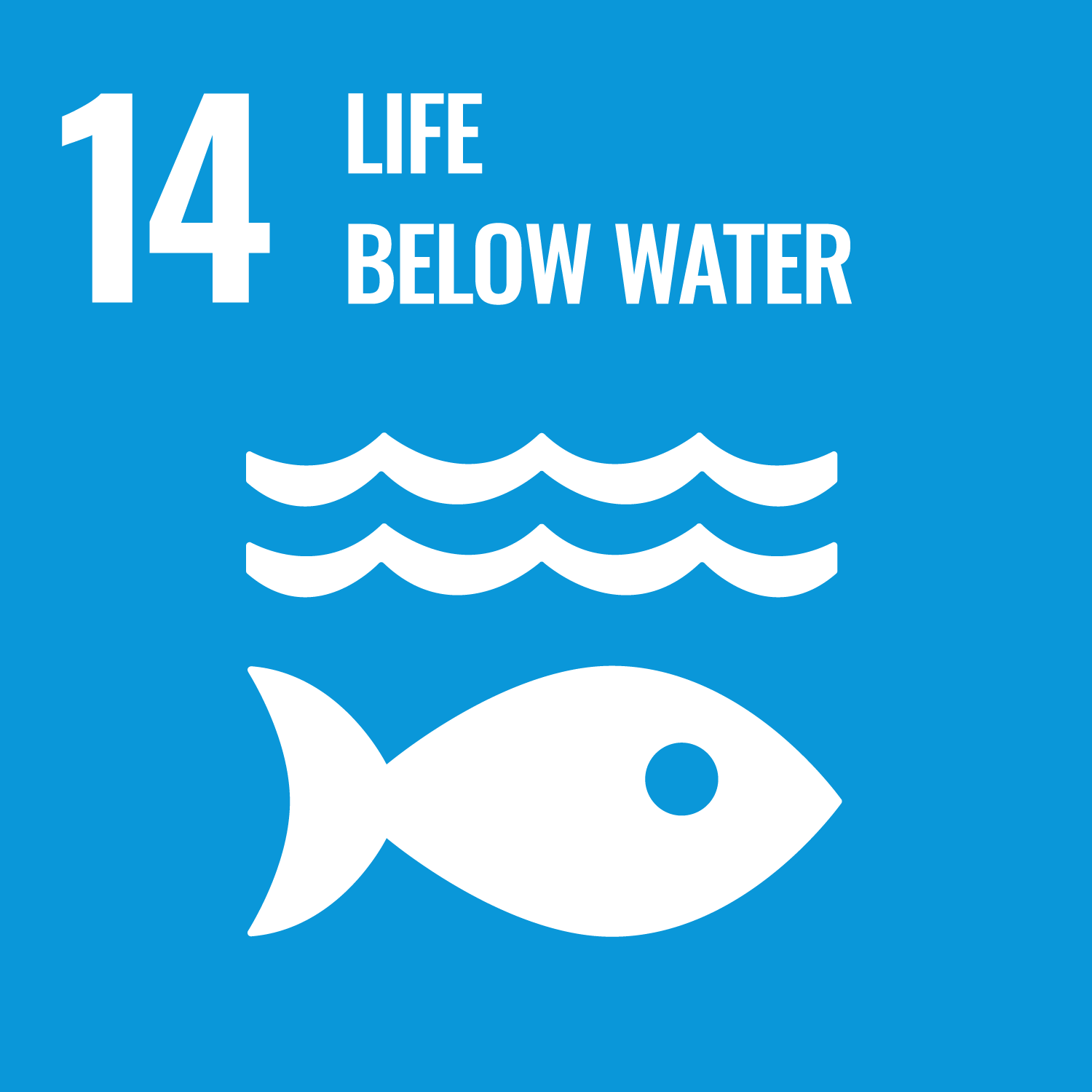Based on the basic knowledge and experimental techniques acquired by the third year, students conduct research in accordance
with their respective research themes in the laboratory to which they are assigned, and write a thesis on the results. They
also give an oral presentation of the thesis.
The purpose of this course is to develop the skills to conduct experiments or research on a certain theme using the basic
knowledge and experimental techniques learned, and to write a thesis and make an oral presentation of the results.
- Be able to conduct experiments on research themes using the knowledge and techniques acquired in Undergraduate Thesis Research 1, in addition to the content learned by the third year.
- Be able to explain research progress with appropriate charts and graphs and respond appropriately to technical questions.
- Be able to logically discuss the process to conclusions based on previous research and data.
- Be able to sufficiently discuss the novelty and inventive step of the research results in comparison with previous studies has been developed.
Our studies relate to the field of biomechanics, physiology and medicine.
We aim to gain a better understanding of human muscle behavior.
We aim to gain a better understanding of human muscle behavior.
| Research ability and initiative | Presentation | Objectivity and credibility | Discussion ability | Total. | |
|---|---|---|---|---|---|
| 1. | 25% | 25% | |||
| 2. | 25% | 25% | |||
| 3. | 25% | 25% | |||
| 4. | 25% | 25% | |||
| Total. | 25% | 25% | 25% | 25% | - |
| ways of feedback | specific contents about "Other" |
|---|---|
| Feedback in the class | 必要な時に適宜 |
- Follow the instructions of each faculty advisor.
- Course that cultivates an ability for utilizing knowledge
- Course that cultivates a basic interpersonal skills
- Course that cultivates a basic self-management skills
- Course that cultivates a basic problem-solving skills
| Work experience | Work experience and relevance to the course content if applicable |
|---|---|
| N/A |






- 3.GOOD HEALTH AND WELL-BEING
- 4.QUALITY EDUCATION
- 9.INDUSTRY, INNOVATION AND INFRASTRUCTURE
- 11.SUSTAINABLE CITIES AND COMMUNITIES
- 12.RESPONSIBLE CONSUMPTION & PRODUCTION
- 14.LIFE BELOW WATER
Last modified : Sat Sep 09 06:27:44 JST 2023
